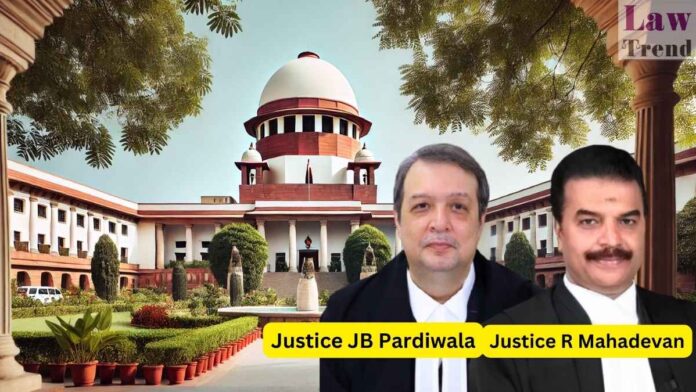The Supreme Court has held that when an arrest is made pursuant to a warrant, there is no separate requirement to explain the grounds of arrest beyond what is stated in the warrant. This ruling came while dismissing the appeal of Kasireddy Upender Reddy, who challenged the arrest and detention of his son, Kessireddy Raja
To Read More Please Subscribe to VIP Membership for Unlimited Access to All the Articles, Download Available Copies of Judgments/Order, Acess to Central/State Bare Acts, Advertisement Free Content, Access to More than 4000 Legal Drafts( Readymade Editable Formats of Suits, Petitions, Writs, Legal Notices, Divorce Petitions, 138 Notices, Bail Applications etc.) in Hindi and English.




